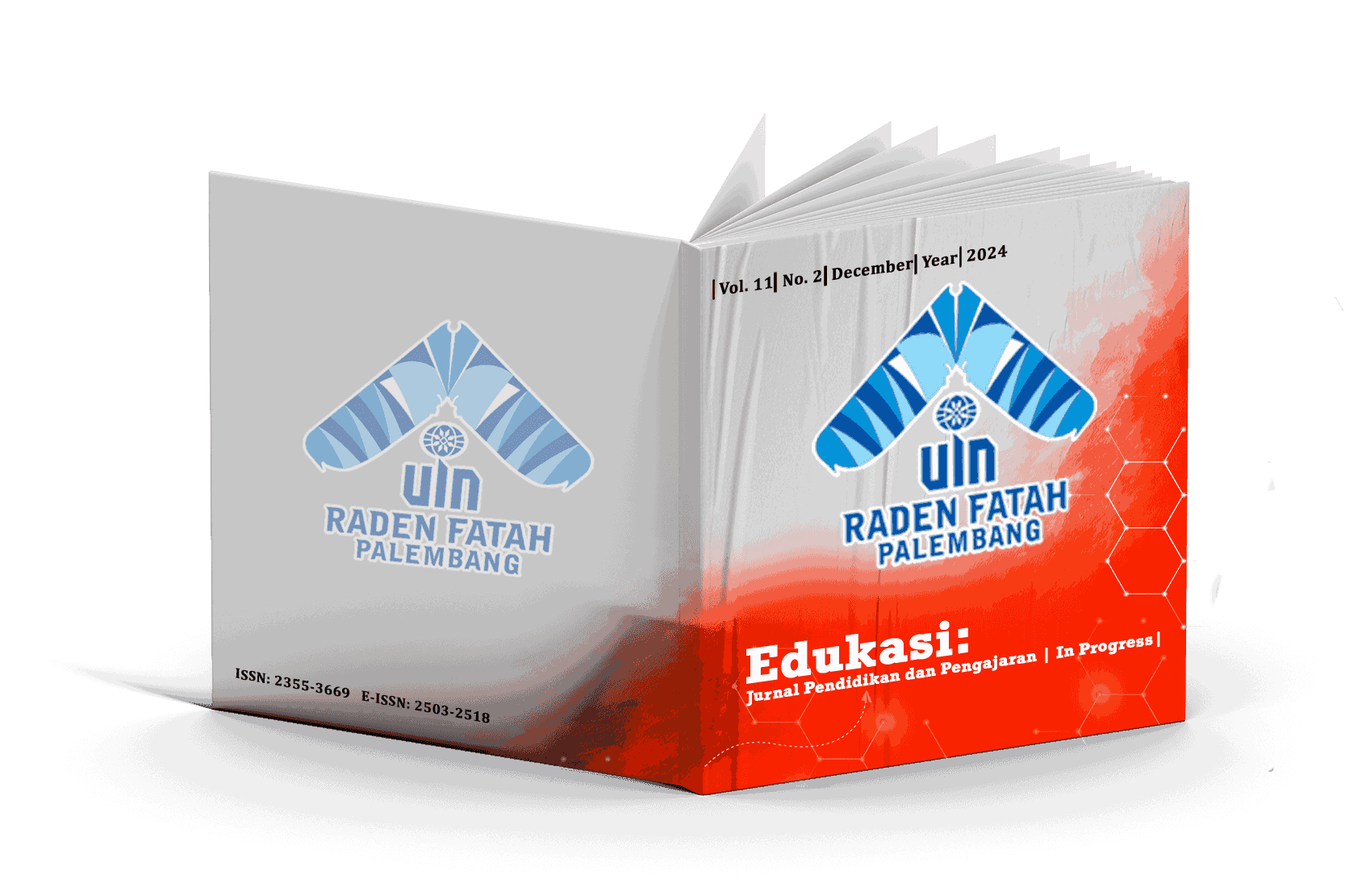The Impact of AI Tools on EFL Students’ Self-Efficacy in Academic Writing: A Qualitative Study
DOI:
https://doi.org/10.19109/s75mbm13Abstract
This study investigates the impact of artificial intelligence (AI) tools on students' self-efficacy in academic writing. Using a qualitative approach, the data were collected through semi-structured interviews by targeting the seventh semester of English education study program students from Sriwijaya University who had experienced in using artificial intelligence (AI). The data analysis was analyzed by using thematic analysis. The results indicated that AI tools are significantly contribute to students' self-efficacy, writing efficiency, and motivation. Moreover, students noted that the improvements in academic performance, reduced anxiety, and enhanced learning engagement. However, concerns regarding over-reliance and reduced critical thinking were also identified. The findings suggest that while AI tools can be transformative in fostering writing self-efficacy, their integration must be balanced with pedagogical strategies that promote independent thinking. The study recommends curriculum integration of AI writing tools and continued research on their long-term effects on learning outcomes.
Downloads
Published
Issue
Section
License
Copyright (c) 2025 Edukasi: Jurnal Pendidikan dan Pengajaran

This work is licensed under a Creative Commons Attribution-NonCommercial-ShareAlike 4.0 International License.
After the manuscript is accepted for publication, authors will be required to sign a copyright transfer form. Copyright will be transferred to State Islamic University of Raden Fatah, Palembang, South Sumatra, Indonesia, via e-mail. A copyright form will be sent to you via e-mail after the accepted manuscript has been submitted.











